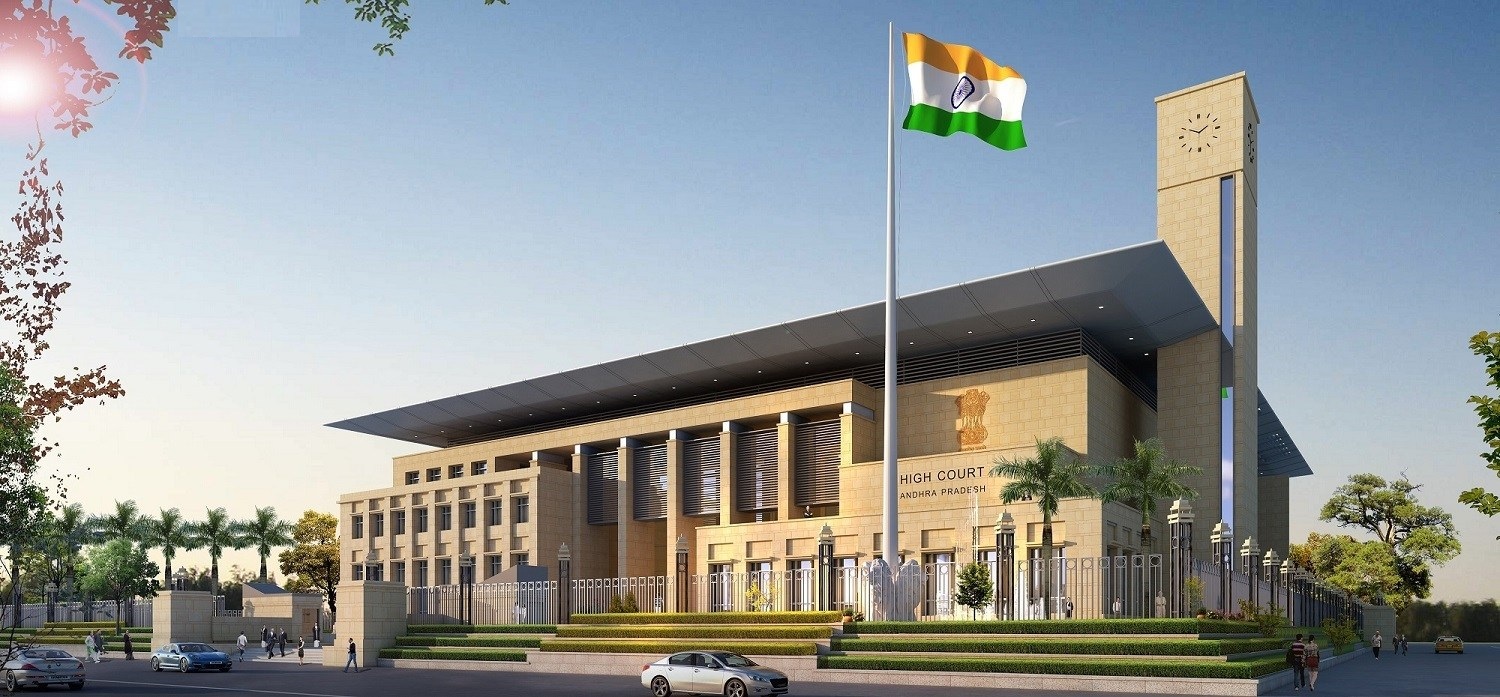-
by sayum
14 February 2026 2:22 PM



In a significant ruling on the 10th of May, 2024, the High Court of Andhra Pradesh granted anticipatory bail to Ramachandra Reddy, also known as Gaddam, who was implicated in a criminal conspiracy case. The decision, presided over by Justice T. Mallikarjuna Rao, emphasized the petitioner’s physical disability and the lack of direct participation in the alleged crime as crucial factors for the decision.
The court dealt with the application of Section 438 of the Criminal Procedure Code (Cr.P.C.), which pertains to the granting of anticipatory bail. The petitioner, accused under various sections of the Indian Penal Code (IPC) including conspiracy to commit murder, argued for bail primarily on the grounds of his severe physical disability and the unsubstantiated nature of his involvement in the actual act of violence.
On March 11, 2023, an assault took place near Saibaba Temple, Anantapuramu. It was alleged that the petitioner, along with others, conspired to murder the victim. The assailants, who are still unidentified, were accused of attacking the victim with sharp weapons and fleeing the scene. The key issue was whether the petitioner, with a 90% disability affecting his mobility and grip, could realistically partake in the commission of the crime, and whether his alleged conspiratorial role was substantiated by sufficient evidence.
The court carefully examined the nuances of the petitioner’s involvement and the credibility of the evidence against him. Key points from the court’s observations include:
Physical Disability: Justice Rao highlighted, “Considering the nature of disability of the petitioner, it may not be possible for him to interfere with the investigation.” This played a significant role in the decision to grant bail.
Investigative Oversights: The court noted errors in the investigation process, particularly in the remand report where unsubstantiated claims about the petitioner’s involvement were initially recorded.
Lack of Direct Involvement: It was emphasized that there was no evidence suggesting the petitioner’s direct involvement in the assault, marking a critical distinction in the case.
Decision Justice Rao concluded to grant anticipatory bail to Ramachandra Reddy on specific conditions: surrendering within two weeks, executing a personal bond of Rs. 20,000 with two sureties of the same amount, and cooperating with the ongoing investigation.
Date of Decision: 10th May 2024
Ramachandra Reddy @ Gaddam Vs. The State of Andhra Pradesh and Others
